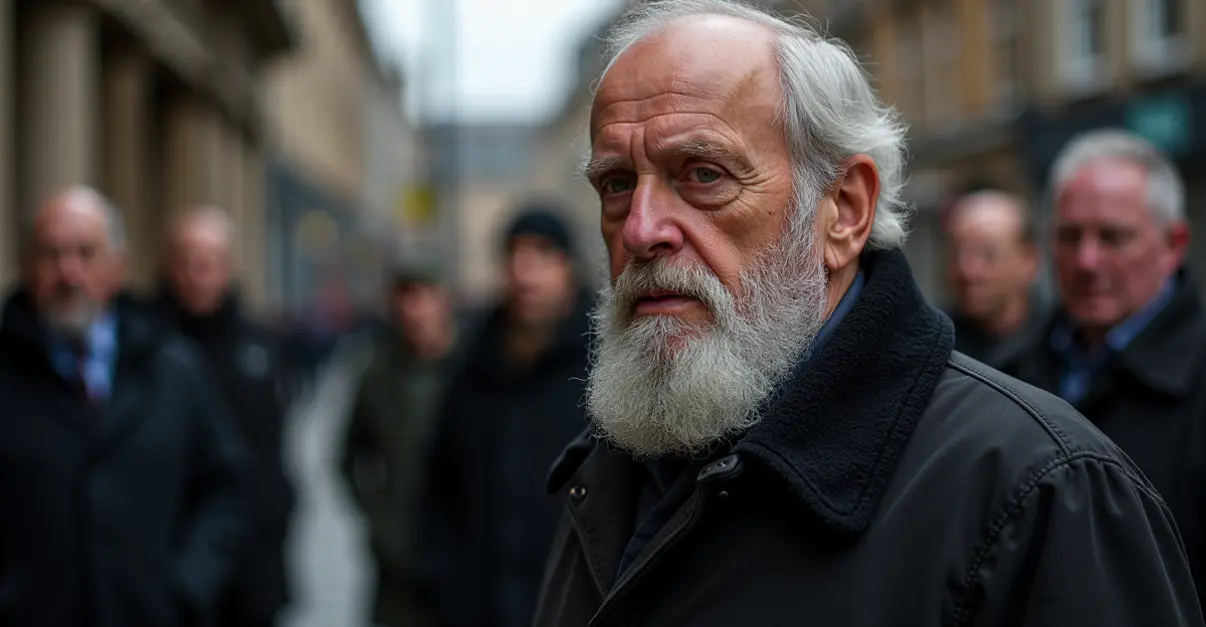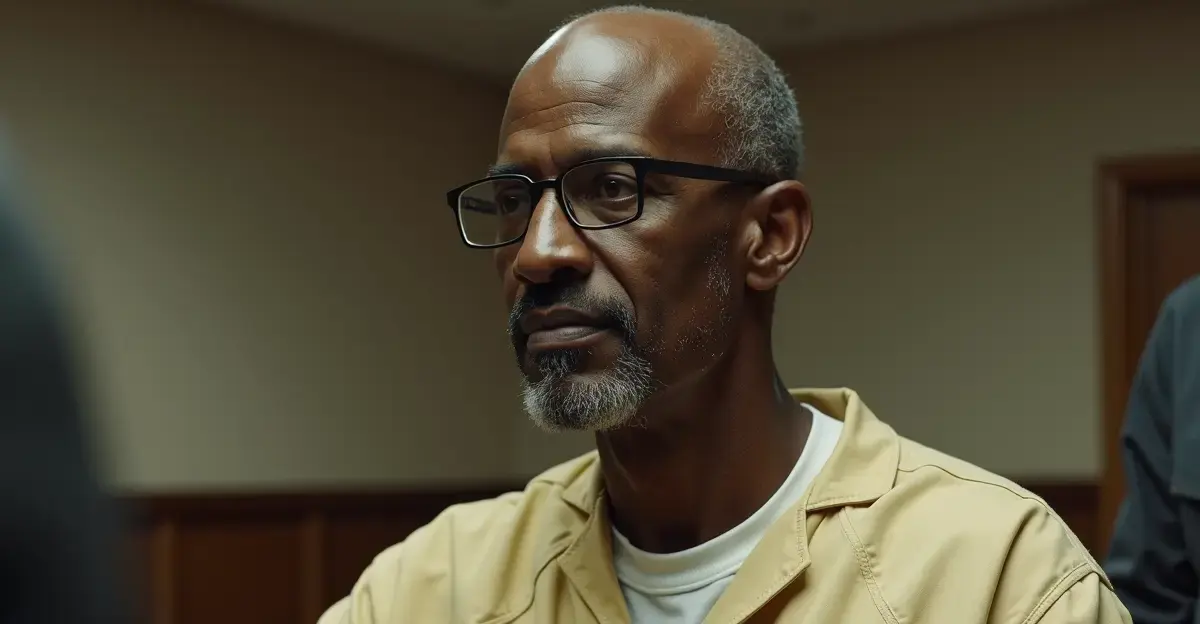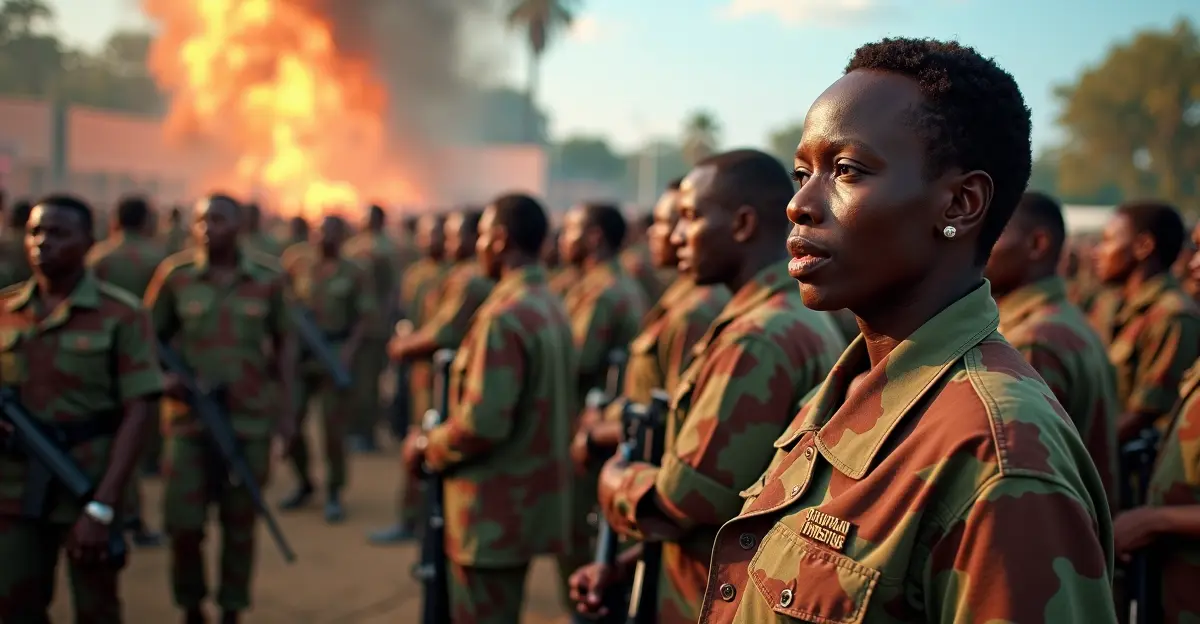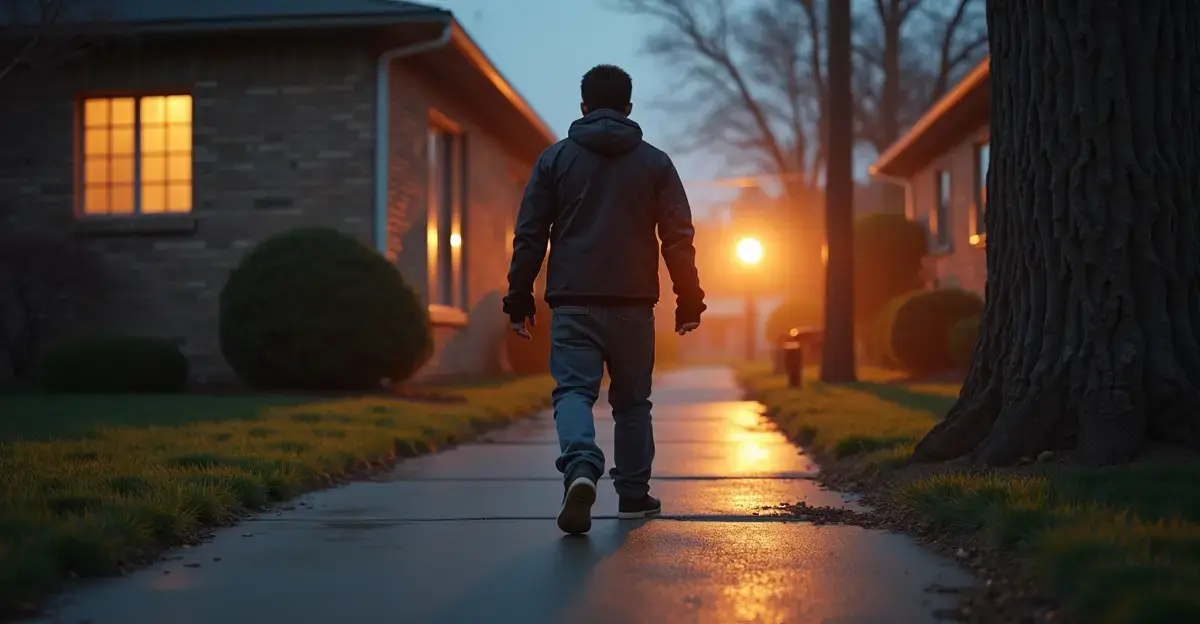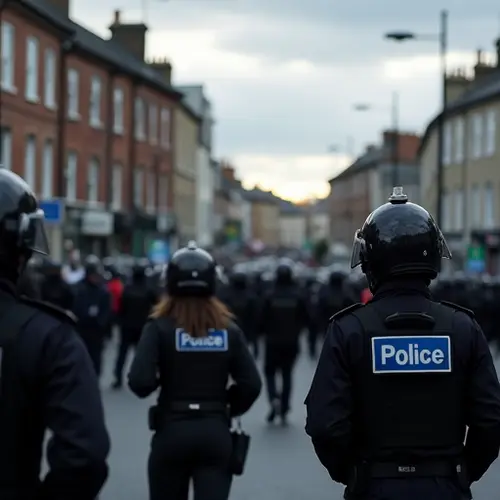Historic Trial Opens for 1972 Bloody Sunday Massacre
In a landmark moment for Northern Ireland's troubled history, the first criminal trial related to the Bloody Sunday massacre of 1972 has commenced in Belfast. After more than five decades of waiting, the anonymous "Soldier F" faces charges for two murders and five attempted murders during the protest on January 30, 1972, in Londonderry.
The Bloody Sunday Tragedy
On that fateful day, Northern Irish protesters demonstrated against British rule and human rights abuses against fellow activists in British prisons. Despite being a peaceful gathering, British paratroopers with a reputation for violence opened fire on the crowd. Fourteen people were killed and fifteen others injured in what became the deadliest single-day violence by British forces during Northern Ireland's independence struggle.
The incident, immortalized in U2's protest song "Sunday Bloody Sunday," dramatically escalated The Troubles—the decades-long conflict between government forces and separatists that followed.
Decades of Denial and Delayed Justice
Immediately after the events, a British inquiry commission concluded that British soldiers were not at fault, claiming they had only responded to gunmen and bomb-throwers in the crowd. Relatives dismissed these findings as justification for unprovoked violence.
A new investigation in 2010 finally vindicated the victims' families. The Saville Inquiry found that none of the deceased had been armed and that soldiers had opened fire unjustifiably. Prime Minister David Cameron apologized for the "unjustified and unjustifiable" killings.
"We have waited 53 long years for justice, hopefully we will now get a fraction of it," said Tony Doherty, whose father was killed on Bloody Sunday.
Anonymous Defendant and Ongoing Tensions
Soldier F will remain anonymous throughout the trial, with his identity protected behind screens to prevent identification and potential reprisals. Although peace has prevailed in Northern Ireland since the 1998 Good Friday Agreement, emotions about historical violence remain raw.
The defendant is accused of shooting two men—22-year-old Jim Wray and 26-year-old William McKinney—in quick succession. Both were shot in the back, with Wray hit twice, the second bullet likely striking him while he lay wounded on the ground. The second investigation committee concluded that "it is unlikely that shooting occurred in panic or fear."
This trial represents a significant moment in Northern Ireland's ongoing reconciliation process, coming just three years after the first British soldier was convicted for Troubles-era violence in 2022.

 Nederlands
Nederlands
 English
English
 Deutsch
Deutsch
 Français
Français
 Español
Español
 Português
Português
